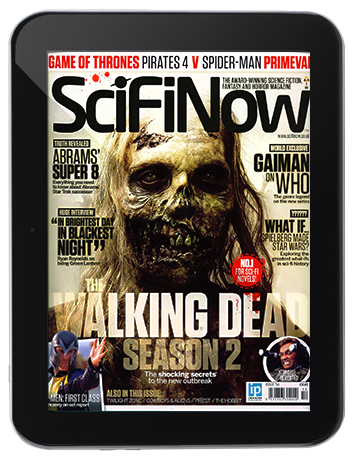 “Enthusiasm for the digital edition fade at many magazine firms, even as access continues to grow through library systems,” notes D. B. Hebbard
“Enthusiasm for the digital edition fade at many magazine firms, even as access continues to grow through library systems,” notes D. B. Hebbard
For magazine publishers, the initial promise of digital editions as a way to cover the drop in print circulation has all but evaporated, according to D. B. Hebbard in Talking New Media.
“The digital edition was, for about two years, the one area of magazine circulation that looked promising, as digital circulation went from ‘not reported’ to near 10 percent, in some cases,” Hebbard writes.
“Titles such as Wired grew their digital subscriptions to that magic 10 percent level, helping overcome declines seen in newsstand sales. But growth slowed, and in many cases reversed, beginning in late 2013. Wired, which once claimed 10.2 percent of its circulation in digital subscriptions, now reports 7 percent.”
Hebbard attributes much of the problem to user complaints with magazine apps, coupled with a broken Apple Newsstand and many publishers still relying on digital replicas.
One title that does seem to be holding its own, according to Hebbard, is O, The Oprah Magazine, although as Hebbard notes those digital numbers “remain fairly low.”
“With 80,783 in digital subscriptions, and 33,796 in digital single copy (almost all of it through Next Issue), the magazine has as much digital edition readership as it ever has had – one of the few titles that can claim that,” he says. “One reason for this may be that readers have few complaints about the app and so have not been tempted to cancel their subscriptions when prompted by Apple. But we are still talking about small numbers here, less than 5 percent of total circulation, meaning few circulation directors would see these readers as indefensible to maintaining the magazine’s 2.35M rate base,” he continues.
All this comes at a time when many libraries are moving from print to digital magazines for their readers, which we would expect to bump those digital circulation numbers upwards.
Hebbard admits his enthusiasm for digital editions “has waned,” even though he believes they still hold promise. Meanwhile, readers are making their preferences known on this, and the ongoing digital decline doesn’t surprise us at all.

December 8, 2016, 9:41 am
February 3, 2017, 8:03 am